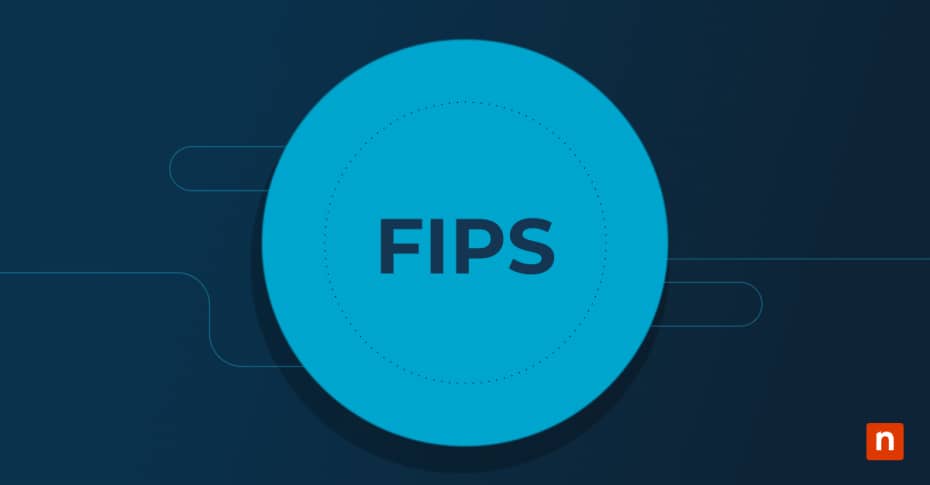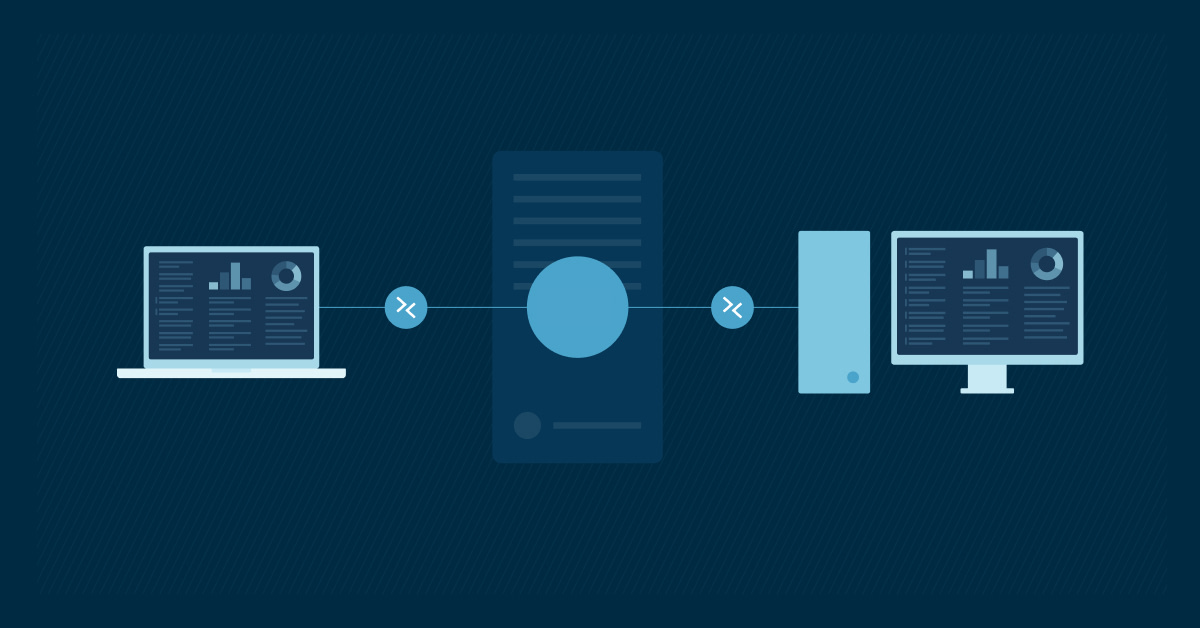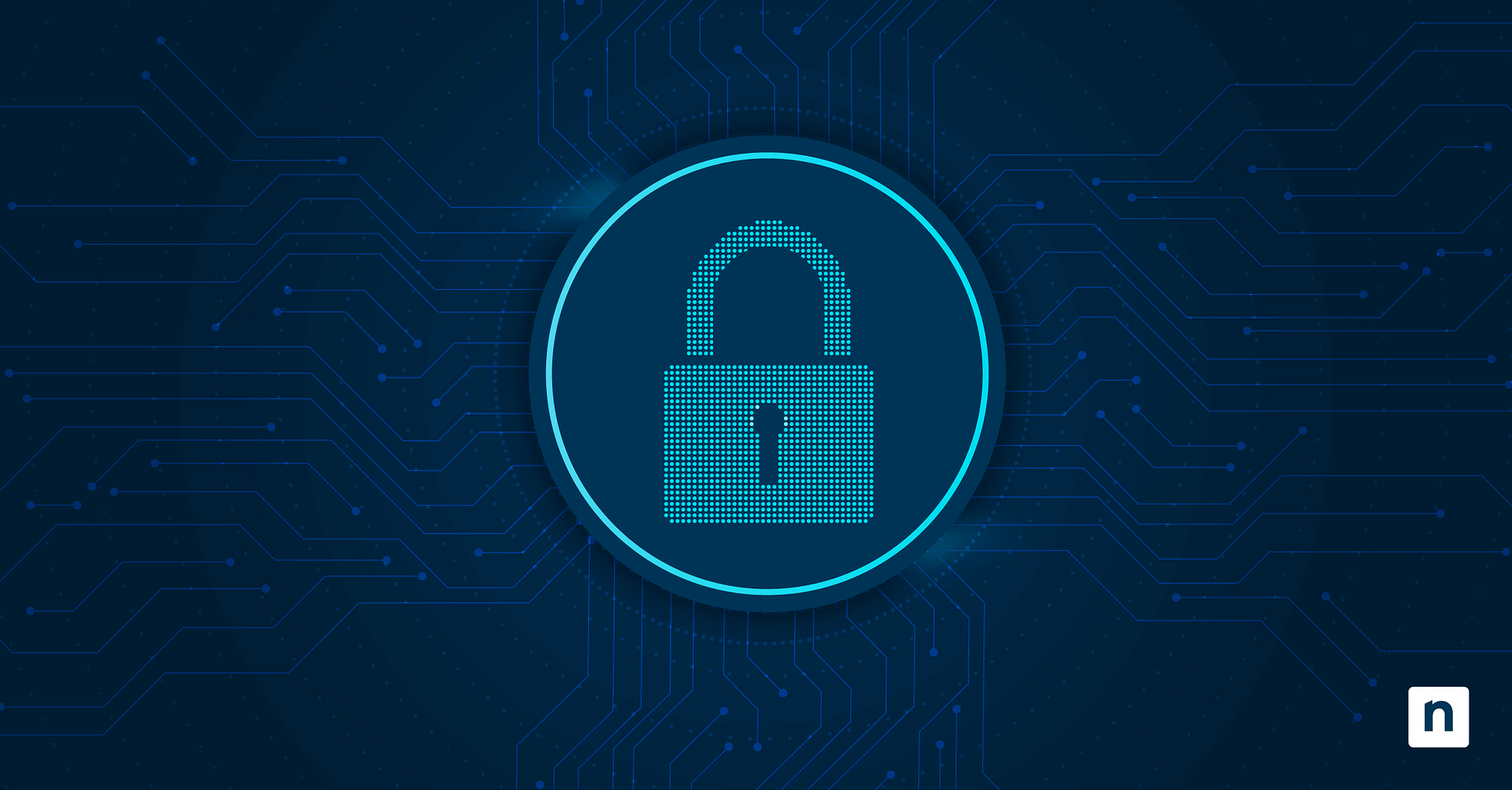Federal Information Processing Standards (FIPS) compliance plays a critical role in setting the standards for encryption and security that safeguard sensitive information. As your organization increasingly relies on digital infrastructure, it’s important to understand and implement FIPS compliance requirements to maintain the security and integrity of your data. This commitment helps ensure your operational practices not only meet but exceed the necessary safeguards.
FIPS compliance basics
FIPS compliance is adhering to standards set by the U.S. government that specify methods for agencies or contractors to encrypt and protect sensitive but unclassified data. Meeting FIPS compliance ensures you secure your data against unauthorized access and potential breaches and shows your partners, customers and regulatory bodies that your cryptographic security measures are robust and in line with national and international security practices.
To comply with FIPS, products must meet the standards as tested by accredited laboratories. For cryptographic products, this involves undergoing the Cryptographic Module Validation Program (CMVP), which is managed jointly by NIST and the Communications Security Establishment (CSE) of Canada. A product that passes validation is listed on the CMVP’s website, signaling its compliance.
FIPS standards are periodically reviewed and updated to address new security challenges and technological advancements.
Importance of FIPS compliance for IT security practices
Regardless of your industry, if you interact with government data or systems, you are required to understand and implement FIPS. This is particularly vital in sectors like healthcare, finance and education, where protecting personal and sensitive information is part of your daily responsibility.
Here are a few additional reasons why this is important:
- Security assurance: FIPS compliance requirements protect sensitive data against unauthorized access and breaches.
- Government requirements: If you’re planning to do business with U.S. government agencies, FIPS compliance is often mandatory. Failing to meet these standards can result in penalties or fines.
- Competitive advantage: Demonstrating compliance with rigorous standards like FIPS can give your product a competitive edge in the market, appealing to security-conscious customers. It can also open up new business opportunities and markets that require high security standards.
- Future-proofing: Preparing for future FIPS requirements ensures that your systems are up-to-date with the latest security practices and technologies, reducing the need for significant overhauls down the road.
- Trust and credibility: Compliance with recognized standards like FIPS can enhance your organization’s credibility and trustworthiness in the eyes of partners, regulators, and customers.
Understanding the scope and application of FIPS standards
Federal agencies and departments aren’t the only organizations required to adhere to FIPS compliance requirements. The same applies if you are a contractor or vendor handling sensitive but unclassified (SBU) information. These standards apply to:
- Securing wireless networks
- Encrypting data
- Protecting digital signatures
- Verifying government identities
FIPS compliance is monitored through regular audits and reviews. Additionally, while FIPS is primarily designed for federal use, it is publicly available and commonly adopted by state governments and private sector organizations to align with best practices in data security.
Key FIPS standards
Not every FIPS is mandatory for every agency. However, these key standards can serve as security best practices for most organizations:
- FIPS 140-3: Sets criteria for cryptographic modules in terms of secure design and implementation. This standard replaces the previous FIPS 140-2 compliance requirement as of 2019.
- FIPS 197: Specifies the Advanced Encryption Standard (AES), a symmetric key encryption standard used by the U.S. government.
- FIPS 201: Establishes standards for Personal Identity Verification (PIV) of federal employees and contractors.
- FIPS 180-4: Defines the Secure Hash Algorithms (SHA) used for cryptographic security.
How to achieve FIPS compliance requirements
Achieving FIPS compliance involves a structured approach to ensure that cryptographic modules meet the strict standards set by the Federal Information Processing Standards (FIPS).
To meet the FIPS compliance requirements, integrate the following actionable steps in your IT security strategy:
- Implement FIPS-compliant VPNs for secure remote access. This ensures that all data transmitted between remote locations and your main servers is encrypted according to federal standards.
- Encrypt your storage devices with FIPS-validated encryption to protect stored data from unauthorized access or breaches.
- Perform regular audits to assess and verify your compliance status against FIPS standards. This ongoing evaluation helps identify any gaps in your security practices and provides a basis for continuous improvement.
- Select a laboratory accredited by the National Voluntary Laboratory Accreditation Program (NVLAP) to perform the validation testing. These labs are qualified to test products against FIPS standards and can guide you through the process.
- Once your module passes all tests, the lab will submit a validation report to the CMVP for approval. Upon review and acceptance, your module will be issued a FIPS validation certificate.
- Post-certification, ensure that any changes to the cryptographic module are handled in a manner that maintains compliance. This might involve re-validation if significant changes are made.
Adjusting your operational security measures to adhere to FIPS guidelines protects sensitive data effectively and boosts the confidence of stakeholders and clients who value stringent data protection practices.
Navigating the compliance process
As technology advances, FIPS standards are also updated to address new challenges. The emergence of quantum computing, for example, poses significant risks to cryptographic security, prompting necessary revisions in FIPS standards to mitigate these anticipated threats.
Your company must also adapt to the changes in FIPS standards to effectively address future threats. Regular updates ensure that your security practices remain robust and capable of protecting sensitive information in a changing technological environment.
Preparing for future compliance requirements
You need to stay aware of changes in FIPS regulations and be prepared for transitions, such as the shift from FIPS 140-2 compliance to FIPS 140-3 compliance that took place in 2019. While you can still run FIPS 140-2 modules through 2026, you must have support for FIPS 140-3 modules in place as of 2020. Changes like these are important to track to avoid falling out of compliance.
Effective planning and ongoing training will save you the frustration of a significant system overhaul down the road and help equip your team for these updates with minimal disruption during the transition phase. By integrating compliance efforts into your normal development cycle, you can spread the financial and operational impact over time.
You also put your company in a position to avoid technical debt — an issue where temporary fixes become permanent burdens. It’s easy to resort to quick, temporary, and often insufficient fixes when resources are tight and time is short, but these efforts often result in higher costs and potential penalties.
Need FIPS-compliant security? Watch the complete guide to FIPS compliance and ensure you meet standards.
How FIPS compliance builds organizational trust
Adhering to FIPS standards enhances your organization’s credibility and reliability in handling sensitive data, which is invaluable for building trust within the market. This compliance demonstrates your commitment to rigorous data security and positions your organization as a leader in industry-specific security practices.
Being FIPS compliant gives you a competitive edge in sectors like healthcare, finance, and technology, where high security standards are a priority. It assures your clients and partners that their sensitive information is handled with utmost care and opens up opportunities to attract clients who prioritize stringent security measures.
In addition, FIPS compliance simplifies legal processes and reduces the risk of penalties. Over time, maintaining these standards contributes to building a trustworthy brand, vital in an era where security breaches can significantly impact reputation and customer trust. A robust reputation for security fosters customer loyalty and positions your organization as a reliable entity in your industry.








